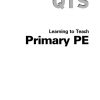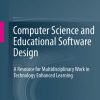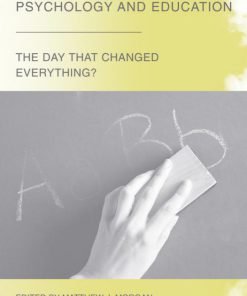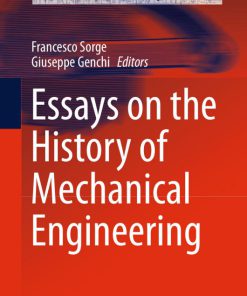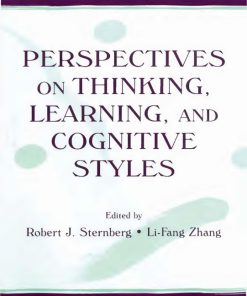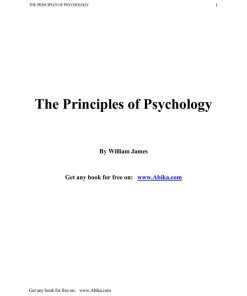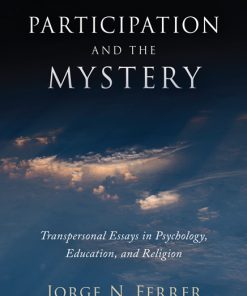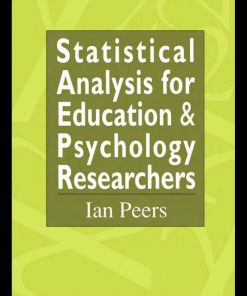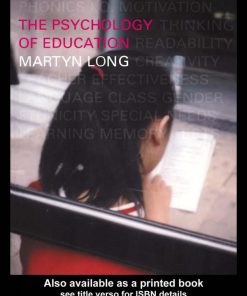The Essential Sternberg Essays on Intelligence Psychology and Education 1st edition by James Kaufman 0826138381 9780826138385
$50.00 Original price was: $50.00.$25.00Current price is: $25.00.
Authors:James C. Kaufman, PhD , Series:Psychology [54] , Tags:Education / Educational Psychology Psychology / Applied Psychology , Author sort:James C. Kaufman, PhD , Languages:Languages:eng , Published:Published:Mar 2009 , Publisher:Springer , Comments:Comments:”I strongly recommend this book to people working in the area of intellectual disabilities…It may open new vistas that are not always available in the traditional disability literature. It will especially challenge psychologists working in this field.”–Journal of Policy and Practice in Intellectual Disabilities
The Essential Sternberg Essays on Intelligence Psychology and Education 1st edition by James Kaufman – Ebook PDF Instant Download/Delivery.9780826138385,0826138381
Full download The Essential Sternberg Essays on Intelligence Psychology and Education 1st edition after payment
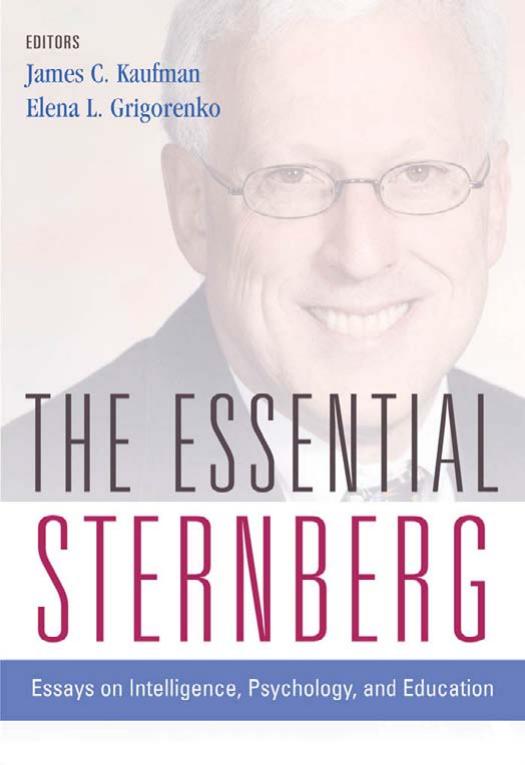
Product details:
ISBN 10:0826138381
ISBN 13:9780826138385
Author:James Kaufman
“I strongly recommend this book to people working in the area of intellectual disabilities…It may open new vistas that are not always available in the traditional disability literature. It will especially challenge psychologists working in this field.”–Journal of Policy and Practice in Intellectual Disabilities
“For years, Robert Sternberg has produced renowned, groundbreaking work, and now some of it is captured in one volume:The Essential Sternberg…Established scholars and novices to the field will find this book a useful addition to their libraries.”–Psychology of Aesthetics, Creativity, and the Arts
“[Sternberg] approaches the definition of intelligence from a very pragmatic perspective…Sternberg’s focus on success in the real world is refreshing.”–Teacher’s College Record
Any follower of Sternberg and theories of intelligence will need this collection on their bookshelf.
Robert J. Sternberg has argued that the conventional idea of intelligence is, at best, incomplete. Therefore, he has redefined the core concept of intelligence: Sternberg’s groundbreaking, triarchic theory proposes that intelligence is measured not just by factual knowledge or “book smarts,” but also by the integration of creative ability, practical know-how, and analytic reasoning.
As the former President of the American Psychological Association, current Dean of Tufts University, and one of the top 100 psychologists of the 20th century, according to the APA Monitor on Psychology, Sternberg is listed as one of ISI’s most highly cited authors (top .5%) in psychology.
The Essential Sternberg Essays on Intelligence Psychology and Education 1st Table of contents:
I: An Introduction to the Theory of Successful Intelligence
Chapter 1 Sketch of a Componential Subtheory of Human Intelligence
Chapter 2 Toward a Triarchic Theory of Human Intelligence
Chapter 3 The Theory of Successful Intelligence
II: Components of Successful Intelligence: Creativity, Practical Intelligence, and Analytic Reasonin
Chapter 4 The Nature of Creativity
Chapter 5 Practical Intelligence and Tacit Knowledge: Advancements in the Measurement of Developing
Chapter 6 Component Processes in Analogical Reasoning
III: Successful Intelligence in the Schools
Chapter 7 Teaching for Successful Intelligence: Principles, Practices, and Outcomes
Chapter 8 Teaching Triarchically Improves School Achievement
Chapter 9 A Triarchic Analysis of an Aptitude–Treatment Interaction
Chapter 10 Using the Theory of Successful Intelligence as a Basis for Augmenting AP Exams in Psychol
IV: Successful Intelligence and School Admissions
Chapter 11 The Rainbow Project: Enhancing the SAT Through Assessments of Analytical, Practical, and
Chapter 12 Assessing Practical Intelligence in Business School Admissions: A Supplement to the Gradu
V: Successful Intelligence, Leadership, and Wisdom
Chapter 13 A Balance Theory of Wisdom
Chapter 14 WICS: A Model of Positive Educational Leadership Comprising Wisdom, Intelligence, and Cre
VI: Robert J. Sternberg on Psychology: Brief Insights
Chapter 15 It All Started with Those Darn IQ Tests: Half a Career Spent Defying the Crowd
Chapter 16 Unified Psychology
Chapter 17 Fads in Psychology: What We Can Do
Chapter 18 APA Is a Diamond in the Rough
Chapter 19 Producing Tomorrow’s Leaders„in Psychology and Everything Else
Chapter 20 Good Intentions, Bad Results: A Dozen Reasons Why the No Child Left Behind Act Is Failing
People also search for The Essential Sternberg Essays on Intelligence Psychology and Education 1st :
sternberg’s intelligence theory psychology definition
what is sternberg’s theory of successful intelligence
the essential sternberg essays on intelligence psychology and education
sternberg’s intelligences
what is sternberg’s theory of intelligence

